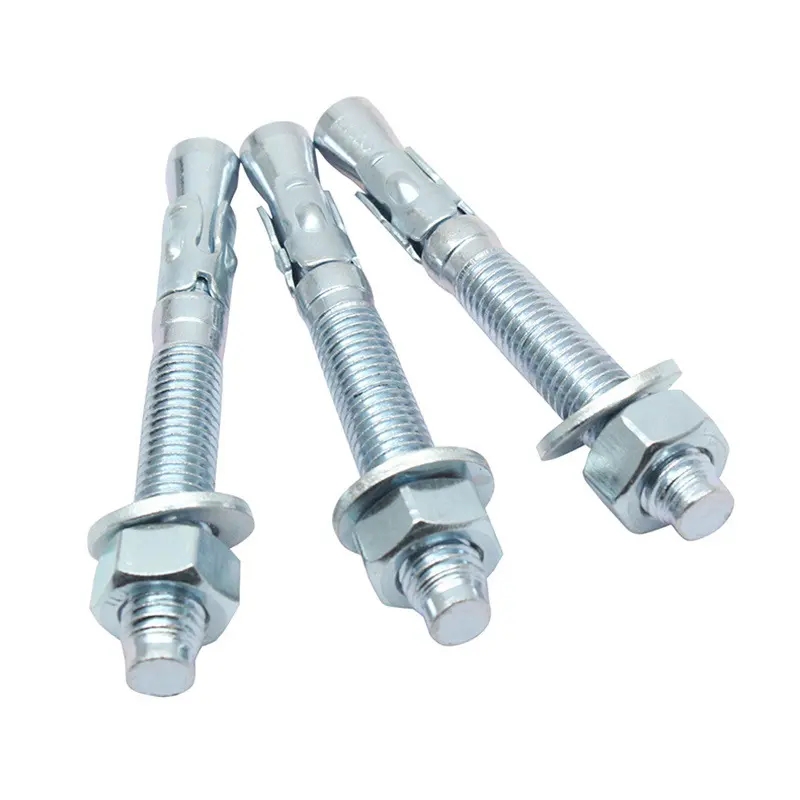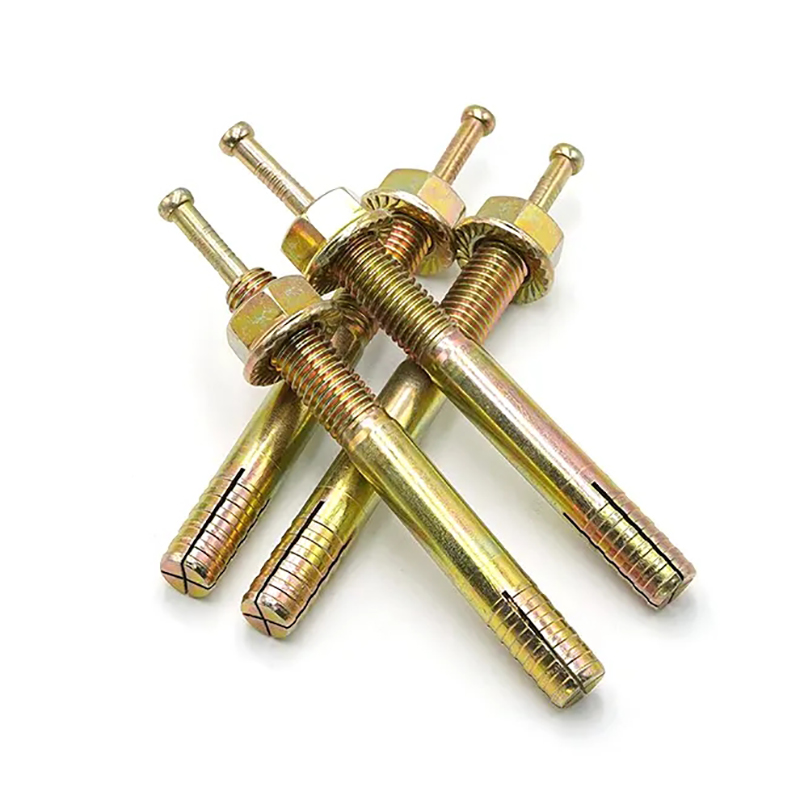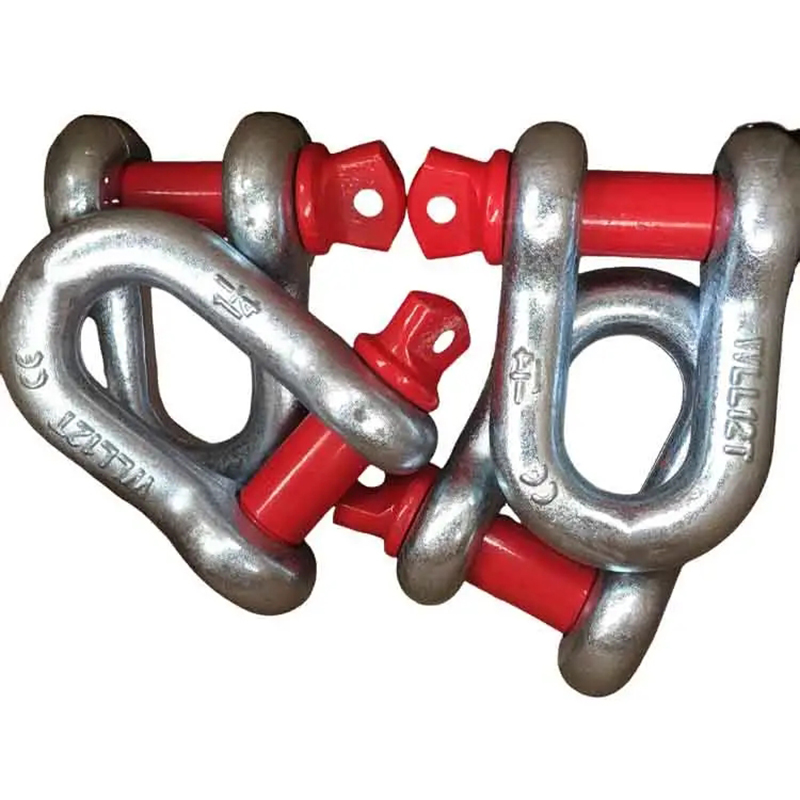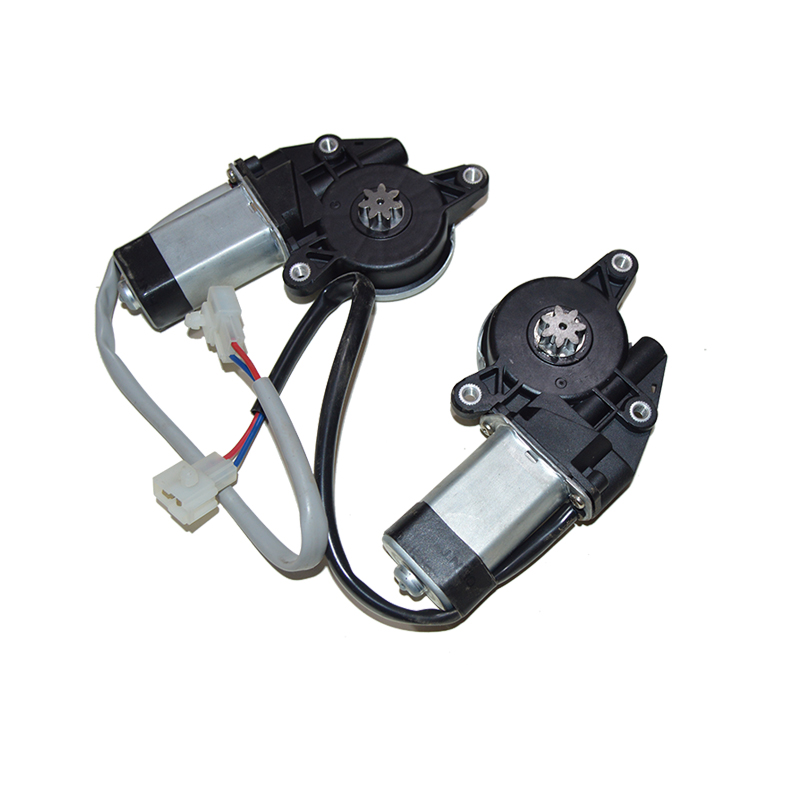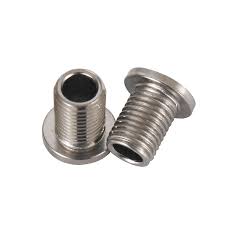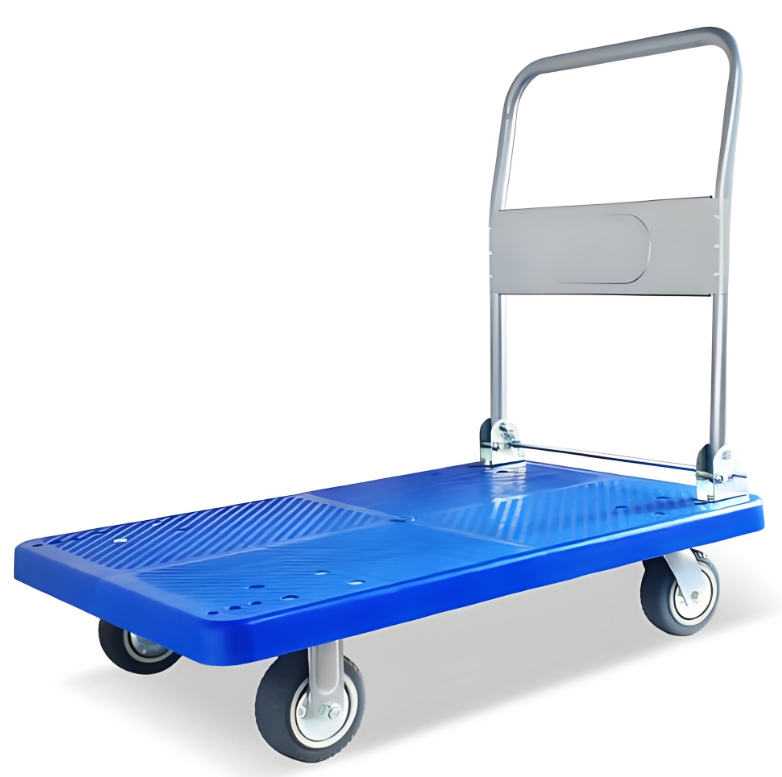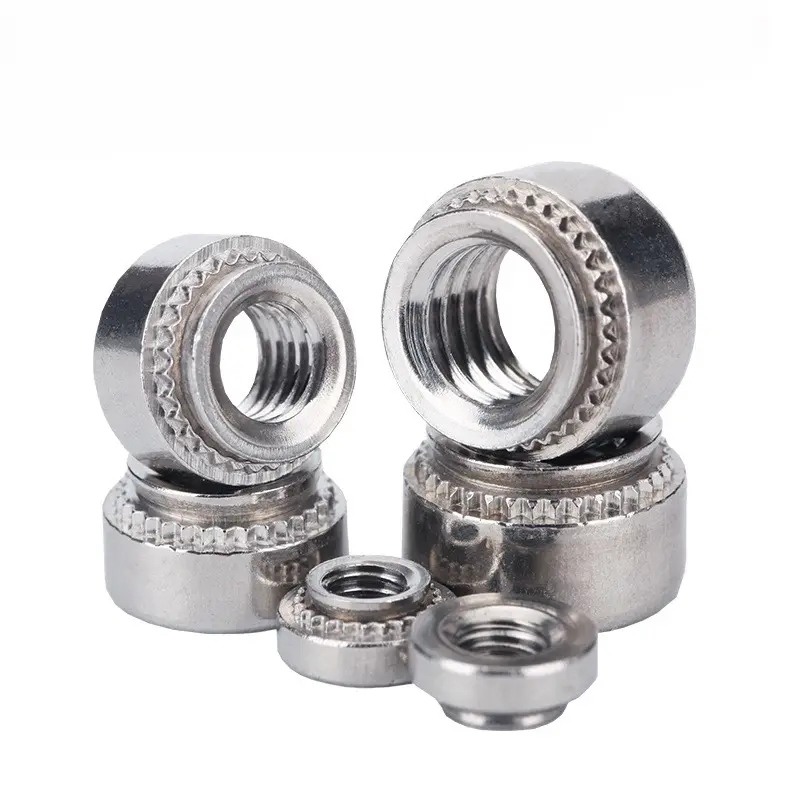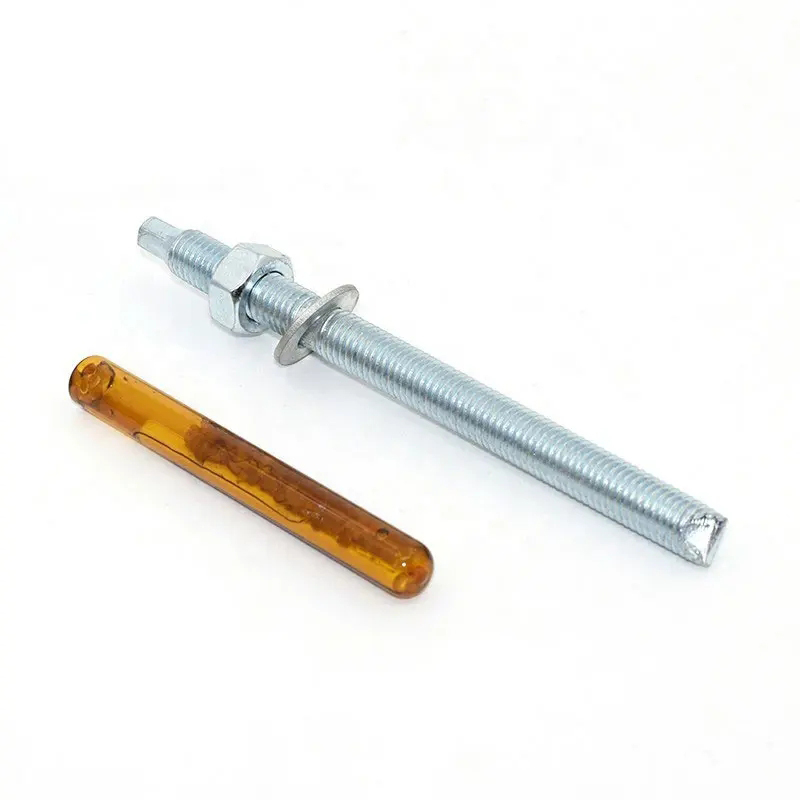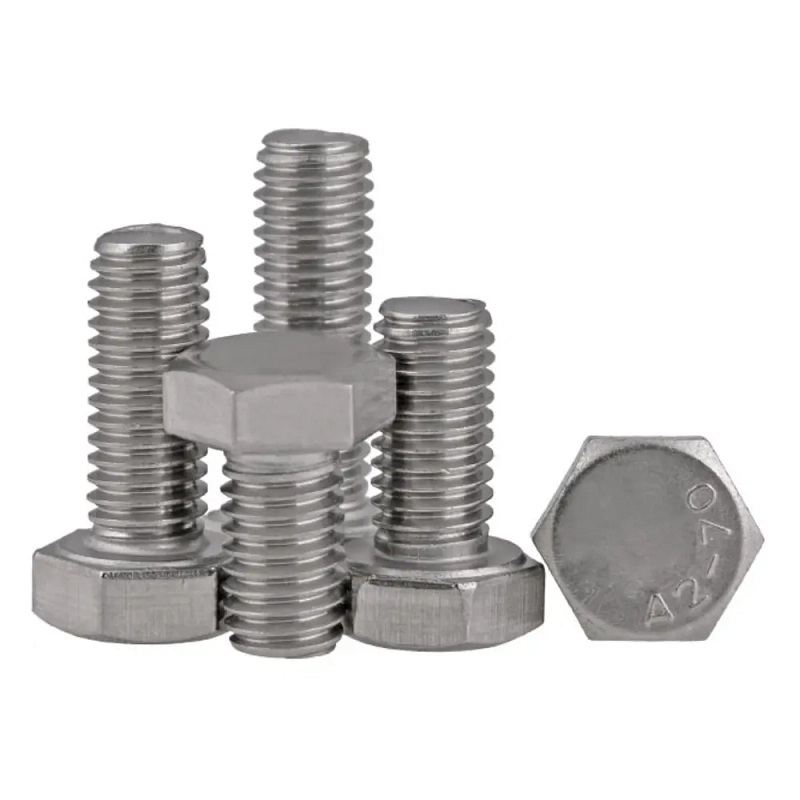

This guide provides a comprehensive overview of DIN 933 ISO hexagon head bolts, covering their specifications, applications, materials, and quality control. We'll explore the key features that distinguish these bolts and delve into their widespread use across various industries. Learn how to select the right DIN 933 ISO bolt for your specific needs and ensure optimal performance and safety in your projects.
DIN 933 ISO bolts are a common type of hexagon head bolt standardized by both the German DIN (Deutsches Institut für Normung) and the International Organization for Standardization (ISO). They are characterized by their hexagonal head, allowing for easy tightening and loosening with wrenches. The standard specifies dimensions, tolerances, and material requirements ensuring interchangeability and consistent quality across manufacturers. These bolts are widely used in a multitude of applications due to their strength, reliability, and ease of use. High-quality DIN 933 ISO bolts, such as those offered by reputable suppliers like Hebei Dewell Metal Products Co., LTD, are crucial for ensuring structural integrity in various projects.
The DIN 933 ISO standard details various specifications, including bolt diameter, length, thread pitch, head height, and wrench size. These dimensions are crucial for selecting the appropriate bolt for a given application. Accurate sizing is critical for ensuring proper fit and preventing damage to the connected components. Refer to the official DIN 933 ISO standard for complete dimensional details. The precise specifications depend on the size of the bolt; therefore, careful consultation of the standard is essential. Many online resources provide charts and tables outlining these specifications for different bolt sizes.
DIN 933 ISO bolts are typically manufactured from various materials, including carbon steel, stainless steel, and alloy steel. The material selection depends on the application's required strength, corrosion resistance, and operating environment. Different grades of steel offer varying tensile strengths, influencing the bolt's load-bearing capacity. For example, a higher grade steel will generally offer superior strength and durability compared to a lower grade. Understanding material properties and grades is vital for selecting a bolt suitable for the intended load and environmental conditions. Check with your supplier, such as Hebei Dewell Metal Products Co., LTD, to determine the appropriate material for your specific application.
DIN 933 ISO bolts find widespread use in various industrial settings. They are frequently employed in mechanical assemblies, structural connections, and general fastening applications. Their robust design makes them suitable for high-stress environments and demanding applications where reliability is paramount. Industries such as automotive, construction, and manufacturing rely heavily on these bolts for secure and dependable fastening solutions.
These bolts are versatile and can be found in numerous applications: machinery construction, bridge building, automotive parts, furniture manufacturing, and general engineering projects. Their adaptability makes them essential components in countless products and structures.
Choosing the correct DIN 933 ISO bolt involves considering several critical factors: the required strength, the material of the joined components, the operating environment (including temperature and potential corrosion), and the anticipated load. Accurate assessment of these parameters guarantees the selection of a bolt that will perform reliably and safely under the intended operating conditions.
| Material | Corrosion Resistance | Tensile Strength | Typical Applications |
|---|---|---|---|
| Carbon Steel | Low | High | General fastening, indoor applications |
| Stainless Steel (304) | Good | Moderate | Outdoor applications, corrosive environments |
| Stainless Steel (316) | Excellent | Moderate | Highly corrosive environments, marine applications |
| Alloy Steel | Moderate to High (depending on alloy) | Very High | High-stress applications, critical components |
Adherence to the DIN 933 ISO standard ensures consistent quality and reliability. Reputable manufacturers rigorously test their bolts to meet the specified tolerances and strength requirements. Look for certifications and quality marks that confirm compliance with the standard. Selecting bolts from trusted sources, such as Hebei Dewell Metal Products Co., LTD, guarantees that you are using high-quality components in your projects.
Disclaimer: This information is for general guidance only and should not be considered a substitute for professional engineering advice. Always consult relevant standards and specifications before selecting and using fasteners.

